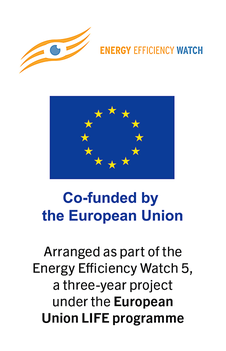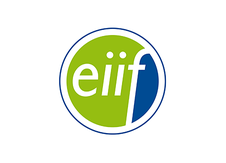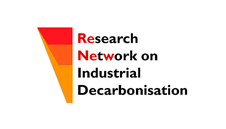Search eceee proceedings
Energy consumption feedback and management: Best practices and the role for DSOs
Panel: 5. The role of energy management systems, education, outreach and training
This is a peer-reviewed paper.
Authors:
Ruth Mourik, DuneWorks, The Netherlands
Sylvia Breukers, DuneWorks, The Netherlands
Suzanne Van Well, Alliander, The Netherlands
Lineke Goorix, Alliander DSO, The Netherlands
Abstract
This paper discusses critical issues when designing and implementing feedback and energy management systems to support a change towards more energy efficient behaviour in different customer segments, from households to SME’s and industrial clients. In addition, it explores the role DSOs can play in facilitating the provision of feedback and energy management systems in a liberalised electricity market such as the Netherlands, where supply and distribution are separated and the role of the distributing companies and their relationship with clients has changed.
An in-depth desk-research was conducted into conditions affecting the effectiveness of feedback in general and with smart metering in particular. Relevant empirical experiences from over a hundred energy feedback and management pilots in and outside of Europe were analysed. This resulted in recommendations about how to design, implement and in particular how to ‘embed’ the most effective systems for different types of customers. ‘Embedding’ means ensuring that the behavioural change that is accomplished through the feedback and energy management system becomes the default/normal way of doing for the particular type of customer, so that the changed energy behaviour is persistent.
We conclude that successful feedback and energy management is not only about knowledge transfer to customers, but requires gaining knowledge about the diverse practices of these customers. Only when feedback and additional interventions are tailored to the specific characteristics of the customer in question do they become meaningful, which is the best guarantee for effectiveness. Hence this paper argues that we need to move away from training and outreach towards more context-sensitive approaches that take into account the needs and characteristics of customers.
Downloads
Download this paper as pdf: 5-152-12_Mourik.pdf
Panels of
1. Programmes to promote industrial energy efficiency
2. Sustainable production design and supply chain initiatives
3. Matching policies and drivers: Policies and Directives to drive industrial efficiency
4. Undertaking high impact actions: The role of technology and systems optimisation
5. The role of energy management systems, education, outreach and training
6. The role of financing to improve industrial efficiency, global perspective














